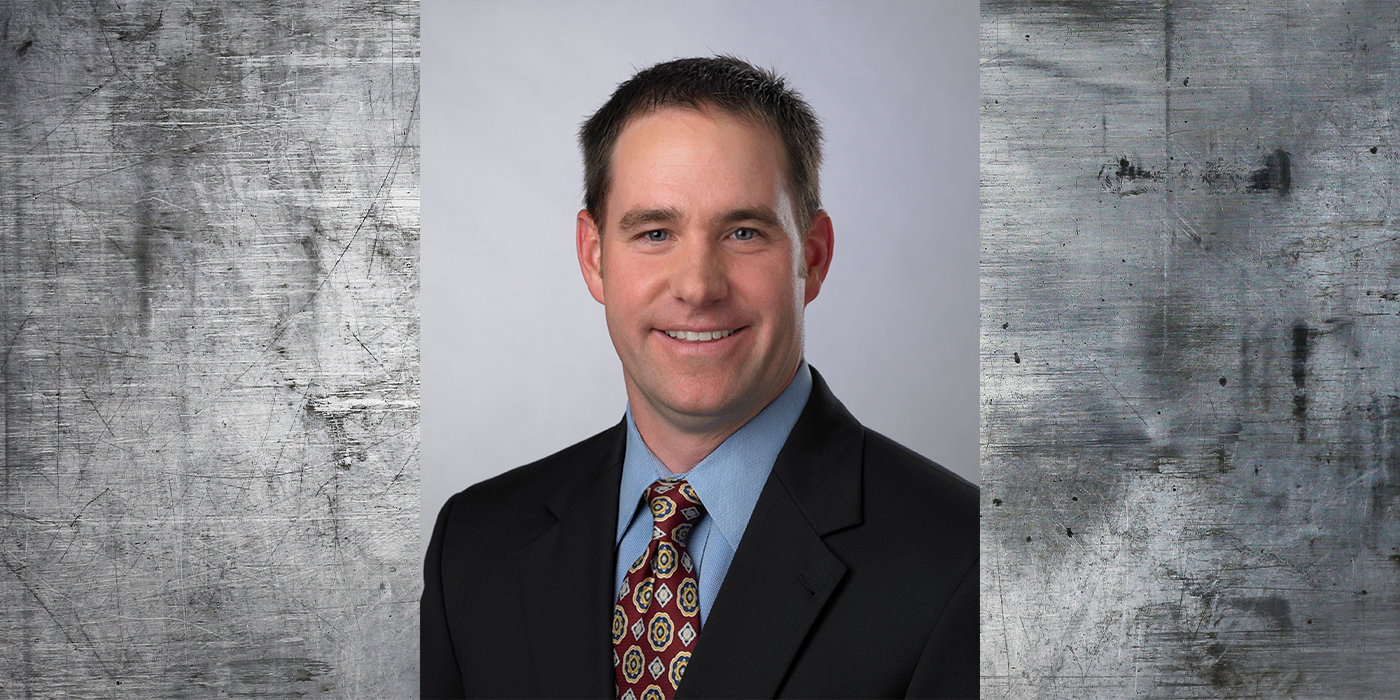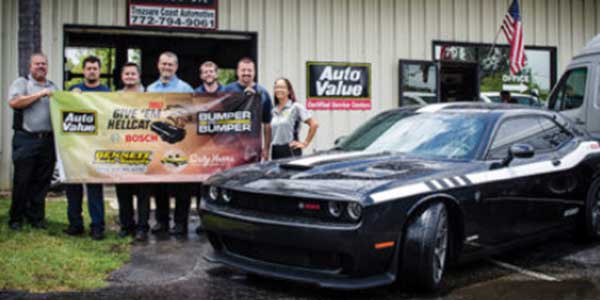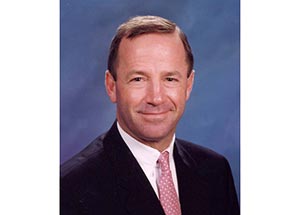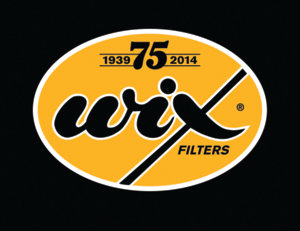
WIX Filters’ Edward Covington, vice president of quality assurance, and Mike Harvey, brand manager, discuss what constitutes “normal” driving, seasonal car care tips and how the iconic WIX brand will mark 75 years in 2014.
SO: Edward, how can shop owners and technicians properly match oil filters to driving conditions?
There are more than four million miles of roads in the United States, yet nearly 1.5 million miles – or 35 percent – of these roads are unpaved. Add to that farms, construction sites, stop-and-go traffic, short trips, towing, hauling or high heat and this scenario is the classic definition of severe service, or severe driving. Drivers who fall into this definition of severe driving should consider premium oil filters, which are designed for severe conditions and original equipment drain intervals.

On the flip side, “normal” driving is paved road and general daily travel – or travel where there is no stop-and-go traffic, short trips, hauling or high heat. While this is defined as normal conditions, a small amount of driving actually falls into this category. When combined with a traditional oil change interval, drivers should consider a standard filter. As a result, we recommend that shops provide their customers with oil and oil filters based on how they drive and their desired oil and filter change interval.
Successful shops are those that talk with their customers, learning how they drive, what type of oil they prefer to use and their desired oil and filter change interval. Filter selection is then based on how these questions are answered. Stats and figures are all well and good, but in the end how to choose the correct oil and filter comes down to the relationship you have with your customer.
SO: Edward, independent shop technicians must constantly ensure that the products they install are installed correctly. What advice do you offer technicians when it comes to installing spin-on oil filters?
In the technician world, the untold story of spin-on oil filters is the cap wrench. As filters have gotten smaller, moved to harder to reach locations and sometimes located near the exhaust system, it is harder to grip them by hand, especially when the engine is hot. Add to that, the common misconception that a filter only needs to be “snug” and, as a result, the most common spin-on oil filter installation mistake is an under tightened filter. A cap wrench is a critically important tool to ensure that oil filters are tightened to recommended requirements, generally three-quarters turn after gasket contact. A poorly tightened oil filter can result in oil leakage and if left unchecked, may result in engine damage.

SO: Mike, drivers typically focus on car care tips in the spring, or prior to the start of the summer driving season. What’s the most common tip that drivers perhaps overlook when it comes to maintaining their vehicles?
One of the most overlooked filters in vehicles is the air filter – but it’s also one of the most important. Engines in today’s vehicles are sealed more tightly than those of previous model years and are not subjected to high levels of dirt. However, most dirt gets into the engine through the air filter or leaks in the air induction system. Consumers should follow the vehicle manufacturer’s recommendation for replacing air filters and inspecting induction systems.
In addition, a recent urban mobility study by Texas A&M reported that Americans spend 5.5 billion hours in traffic annually. What they may not realize is that the air inside their vehicles is likely of worse quality than the outside air. If drivers are going to collectively sit in traffic for billions of hours each year, then they should consider checking their vehicle’s cabin air filter annually and replacing as needed. Cabin air filters are designed to capture contaminants, such as soot, dirt and other airborne pollutants, in most systems before they can enter the vehicle.
SO: Mike, the average age of vehicles in the U.S. is 11 years, an all-time high. Should drivers replace air filters more frequently on older model vehicles?
A good rule of thumb is to treat aging vehicles as we do aging bodies — or by paying more attention to how we fuel and filter older moving parts. Drivers should consider switching to premium air filters once their vehicles hit 10 years or 100,000 miles, which is when vehicle systems typically start to decline.
SO: Mike, in your role as brand manager, how does WIX support excellence in automotive repair?
We have a rich history of supporting all aspects of the automotive aftermarket industry, including through our partnerships with Babcox Media. We have rebranded an award for 2014 that recognizes the skills and professionalism of today’s automotive technicians. The “WIX Driving Performance Award” will also recognize game changers in automotive service. Entries are being accepted at WIXDrivingPerformanceAward.com and the winner will be announced at AAPEX in November.
WIX is also partnering with Babcox Media to sponsor the 2014 Tomorrow’s Technician’s School of the Year and Counterman’s Counter Professional of the Year awards, and all three programs support excellence at every level of the automotive repair industry. Each year we see high-caliber nominations from the best technical schools, counter professionals and shop technicians and we look forward to selecting top-of-the-line industry professionals in 2014.
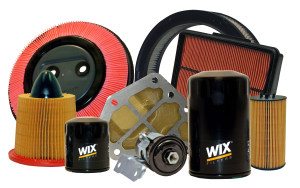
SO: Mike, WIX Filters will celebrate its 75th anniversary in 2014. What’s next for the brand and what are your goals in the anniversary year?
We are marking our 75th year with a marketing program focused on customer engagement and backed by seven decades of industry leadership in aftermarket and original equipment design. Our focus today is the same as it was when we were founded in 1939 — to provide our customers with premium quality filters designed to exceed their performance demands. We are proud of our brand’s global growth and innovation, and our focus on product development has made the name “WIX Filters” synonymous with a rich tradition of excellence.
Our sales promotions and materials this year are designed to increase customer sales, raise brand awareness and connect customers with experiences involving their love for racing and the WIX brand. On April 1, for example, we are rolling out a die cast of one of the most recognizable American cars – the 1939 Ford Deluxe Coupe – as part of our collectible die cast collection. The collectible is captured in 1:18 scale die-cast replica, complete with a custom paint scheme and vintage 1939 North Carolina license plate detail to commemorate our 75th anniversary.
Other highlights in 2014 include: the WIX Filter Sale Day promotion; specialized, hands-on training sessions through the WIX Institute of Filtration Technology; and the popular WIX Hummer H2 mobile marketing unit, which is set to eclipse a half-million miles driven since its inception in 2004.



